What is PHP Fundamentals: Best Resources
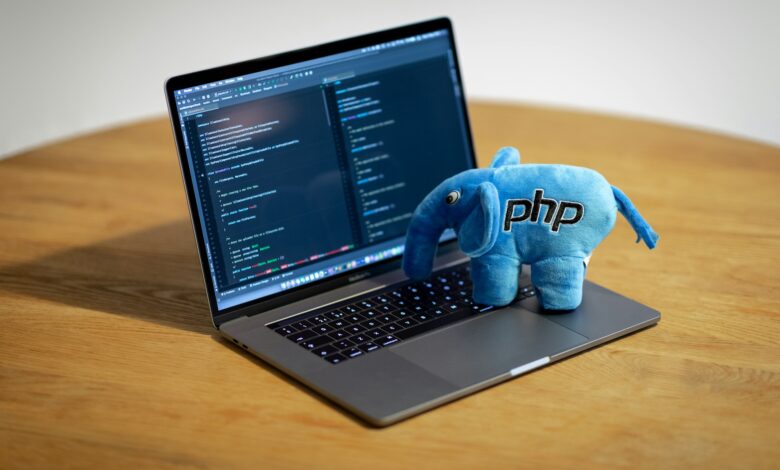
Are you ready to unlock the full potential of your web development prowess? PHP Fundamentals are the key to transforming your skills from novice to proficient. Imagine crafting dynamic, interactive websites with ease, harnessing the power of one of the most enduring programming languages. The journey begins here, diving into the core of PHP, unraveling its syntax, and mastering its capabilities. Intrigued by the possibilities? This exploration will not only pique your interest but kindle a desire to excel. Embark on this adventure and take the first step towards becoming a PHP virtuoso. Your path to web development mastery starts now.
Table of Contents
What is PHP?
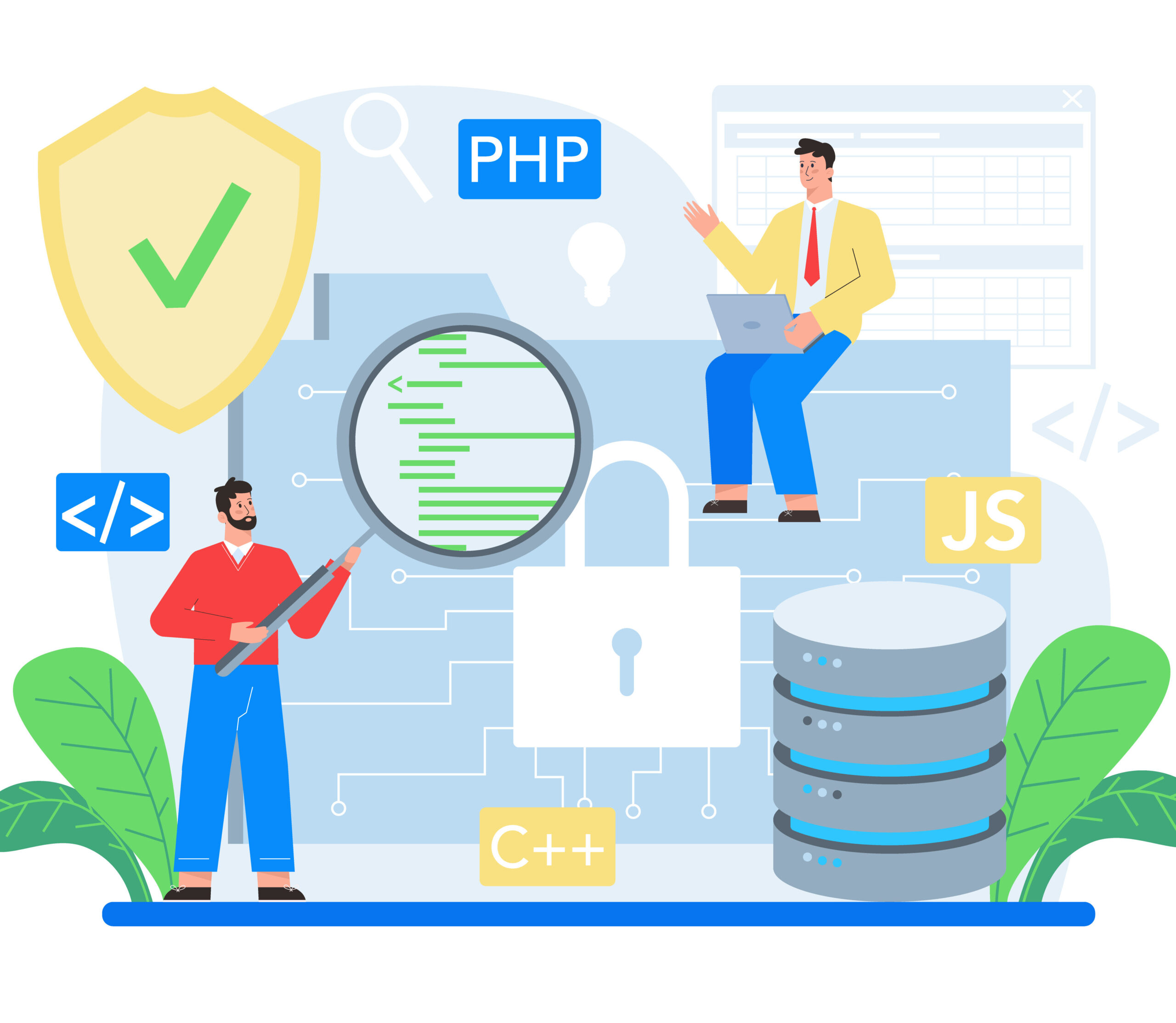
PHP, or Hypertext Preprocessor, is a powerful server-side scripting language designed for web development. As a cornerstone of PHP Fundamentals, it enables developers to create dynamic and interactive web pages effortlessly. Originating in 1994, PHP has evolved into a robust and versatile tool used by millions of websites, including major platforms like Facebook and WordPress. Its open-source nature and ease of integration with HTML make it a preferred choice for both beginners and seasoned developers. Mastering PHP Fundamentals opens doors to developing complex web applications and enhancing your programming repertoire.
Is PHP Worth Learning?
Here’s why mastering PHP Fundamentals is a prudent investment:
- Career Opportunities: Proficiency in PHP Fundamentals opens doors to numerous job opportunities and career advancements in the tech industry. Companies across various sectors seek PHP developers to maintain and develop their web presence, offering a wide range of employment possibilities.
- Industry Prevalence: PHP powers a significant portion of the internet, including major websites like Facebook and WordPress. This widespread usage ensures a high demand for PHP developers, making it a valuable skill in the job market.
- Solid Foundation: Learning PHP provides a robust foundation for web development. It enables you to create dynamic and interactive web applications by embedding scripts within HTML. This skill is essential for developing sophisticated websites and applications.
- Ease of Learning: With its simple and intuitive syntax, PHP is accessible for beginners. Unlike more complex languages, PHP’s learning curve is gentle, allowing newcomers to quickly grasp the basics and start building functional web applications.
- Community Support: PHP has a vast and active community. This extensive support network offers countless resources, from documentation and tutorials to forums and user groups. This communal knowledge base makes troubleshooting and skill enhancement more manageable.
“Investing time in learning PHP Fundamentals ensures a solid groundwork, making it easier to adapt and excel in the ever-evolving landscape of web technology.”
What are the Basics of PHP?
Syntax and Semantics
PHP’s syntax is straightforward and resembles languages like C and Perl, making it familiar to many developers. PHP code is embedded within HTML using <?php ... ?> tags, allowing the seamless integration of server-side scripts within web pages. This server-side code is executed before the HTML is sent to the client’s browser, enabling dynamic content generation.
Data Types
PHP supports several primary data types that are crucial for handling various forms of information:
- Integers: Whole numbers without a decimal point. Example:
10 - Floats: Numbers with a decimal point. Example:
10.5 - Strings: Sequences of characters enclosed in quotes. Example:
"Hello, World!" - Arrays: Collections of values, which can be indexed or associative. Example:
$array = array(1, 2, 3); - Objects: Instances of classes that encapsulate data and functions. Example:
$object = new MyClass(); - Booleans: Values representing true or false. Example:
true
Variables
Variables in PHP are declared with a dollar sign ($) followed by the variable name. They are dynamically typed, meaning their type is determined by the value they hold. Examples:

Control Structures
Control structures manage the flow of the program and include conditionals and loops:
1- Conditionals: Used for decision-making.
`if` statement:

`else` statement:

`elseif` statement:

`switch` statement:
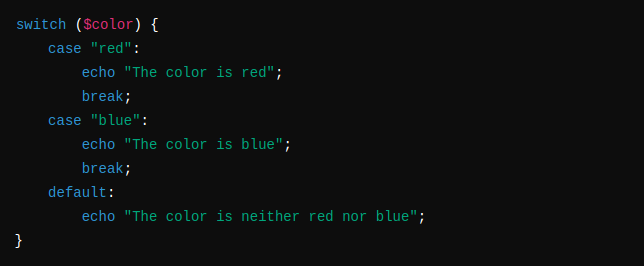
2- Loops: Used for repeating a block of code.
`for` loop:

`foreach` loop:

`while` loop:

`do-while` loop:

Functions
Functions in PHP allow for modular and reusable code. They are declared using the function keyword and can accept parameters and return values. Examples:

Functions with parameters and return values:

Superglobals
PHP includes several built-in global arrays, known as superglobals, which provide easy access to server, request, and session data:
`$_GET`: Retrieves query string parameters from URLs.`$_POST`: Retrieves data from HTML forms submitted via POST method.`$_SESSION`: Manages session data, allowing data persistence across pages.`$_COOKIE`: Manages cookies, storing data on the client’s side.
Error Handling
Error handling is an essential aspect of PHP programming, enabling developers to manage and respond to errors gracefully. PHP supports error reporting, custom error handling functions, and exceptions. Example of error reporting:

Example of a custom error handler:

Example of exception handling:

File Handling
PHP provides functions for reading from and writing to files, which is essential for tasks such as logging and content management. Examples:
Reading a file:

Writing to a file:

Database Interaction
PHP can interact with various databases, such as MySQL and PostgreSQL, using extensions like PDO (PHP Data Objects) or MySQLi (MySQL Improved). Example of connecting to a MySQL database using PDO:

Example of a simple query using MySQLi:
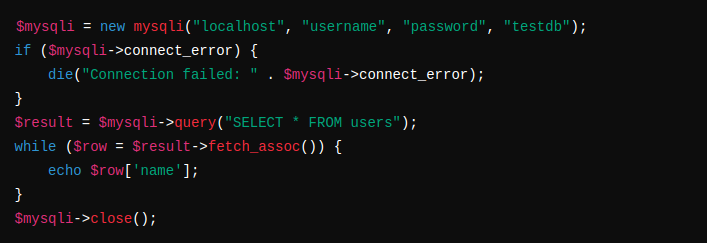
How to Learn PHP Basics
1. Learn the Fundamental Concepts of Programming
Mastering the PHP Fundamentals requires a solid understanding of basic programming concepts. Begin with variables, the fundamental units for storing data. Grasp control structures like loops and conditionals to manage the flow of your code. Dive into functions, which allow for reusable blocks of code, enhancing efficiency and readability. Comprehend data types and how they interact within your program. These concepts form the bedrock upon which PHP Fundamentals are built, enabling you to write clean, efficient, and effective code. With these foundational skills, you can tackle more advanced PHP programming challenges with confidence.
2. Study PHP Language Syntax and Semantics
Delving into PHP Fundamentals necessitates a thorough understanding of its syntax and semantics. The syntax dictates how PHP code is written and structured, involving elements like variables, functions, and control structures. Mastery of syntax ensures your code is interpretable and error-free. Semantics, on the other hand, involves the meaning behind your code—the logic that drives its functionality. By studying both aspects, you gain the ability to write efficient and meaningful PHP scripts, transforming abstract ideas into robust web applications. This dual knowledge is crucial for anyone looking to excel in PHP Fundamentals.
3. Set Up a Local Development Environment
Establishing a local development environment is crucial for mastering PHP Fundamentals. Begin by installing a software stack like XAMPP or MAMP, which provides essential components such as Apache, MySQL, and PHP. These tools simulate a server environment on your local machine, allowing you to test and debug PHP scripts without deploying them online. Configure your local server to handle PHP files and manage databases, ensuring a seamless development experience. This setup not only accelerates your learning process but also enables you to experiment freely with PHP Fundamentals, facilitating effective and efficient coding practices.
4. Build Small and Meaningful PHP Projects
Building small and meaningful projects is a vital strategy for mastering PHP Fundamentals. Start with simple applications like a contact form or a basic to-do list. These projects allow you to apply core concepts such as variable handling, form processing, and database interactions in a practical context. As you grow more comfortable, gradually tackle more complex tasks, like creating a user authentication system or a content management system. This incremental approach not only solidifies your grasp of PHP Fundamentals but also builds a portfolio of functional, real-world applications that demonstrate your growing expertise.
5. Seek Out Expert Training
seeking expert training can be immensely beneficial. Engaging with seasoned professionals through workshops, online courses, or one-on-one mentorship provides invaluable insights and advanced techniques that self-study might miss. Expert training offers structured learning paths, real-world problem-solving scenarios, and feedback that can accelerate your understanding and application of PHP Fundamentals. Additionally, such guidance can help you avoid common pitfalls, refine your coding practices, and stay updated with best practices and emerging trends. Investing in expert training is a strategic move towards mastering PHP and enhancing your web development career.
“The journey to becoming a proficient developer begins with a strong grasp of PHP Fundamentals, which serves as the foundation for tackling more complex programming challenges.”
Best Php Resources
Whether you’re a novice or an experienced developer, accessing the right resources is crucial for mastering PHP. Here’s a curated list of some of the best resources to enhance your PHP skills:
1- Online Documentation
- PHP Official Documentation: The definitive source for PHP’s syntax, functions, and best practices. Comprehensive and regularly updated, it’s an essential reference.
2- Online Courses
- Udemy – PHP for Beginners: Offers a thorough introduction to PHP, covering both basic and advanced topics.
- Coursera – Web Development with PHP: A well-structured course from a reputable institution, focusing on practical application.
3- Books
- “PHP & MySQL: Server-side Web Development” by Jon Duckett: A comprehensive guide to PHP and MySQL, ideal for beginners and intermediates.
- “Modern PHP: New Features and Good Practices” by Josh Lockhart: Focuses on modern PHP practices and features, useful for advancing your skills.
4- Forums and Communities
- Stack Overflow: A valuable platform for asking questions and finding solutions to common PHP issues.
- PHPBuilder: Provides forums, tutorials, and articles focused on PHP development.
5- Tutorials and Blogs
- W3Schools PHP Tutorial: Offers an easy-to-follow, interactive tutorial suitable for beginners.
- SitePoint PHP Articles: Features articles, tutorials, and insights on PHP development trends and practices.
6- Tools and Frameworks
- PHPStorm: A powerful IDE tailored for PHP development, offering features like code completion and debugging tools.
- Laravel: A popular PHP framework that simplifies complex tasks and enhances development efficiency.
“Mastering PHP Fundamentals is not just about learning a language; it’s about understanding the building blocks of modern web development.”
Conclusion
Mastering PHP Fundamentals is an essential journey for any aspiring web developer. By understanding the core concepts, from syntax and semantics to practical application through small projects, you build a robust foundation for creating dynamic web applications. Setting up a local development environment and seeking expert training further enhances your skills, allowing for more effective learning and problem-solving. As you apply these PHP Fundamentals in real-world scenarios, you not only improve your technical expertise but also position yourself for career advancement. Embrace these fundamental steps to unlock your potential and excel in the ever-evolving field of web development.
FAQ on PHP Fundamentals
1. What are PHP Fundamentals?
PHP Fundamentals refer to the core concepts and principles of PHP programming. This includes understanding PHP syntax, data types, control structures, functions, and basic error handling. Mastery of these fundamentals is crucial for building dynamic and functional web applications.
2. Why are PHP Fundamentals important for web development?
PHP Fundamentals provide the essential knowledge needed to create and manage server-side applications. A strong grasp of these basics enables developers to write efficient code, debug effectively, and implement complex features, forming the backbone of successful web development.
3. How can I learn PHP Fundamentals effectively?
To learn PHP Fundamentals effectively, start with online tutorials and courses that cover the basics. Practice by building small projects and seek feedback from more experienced developers. Utilizing official documentation and joining programming communities can also enhance your understanding and skills.
4. What are some recommended resources for studying PHP Fundamentals?
Recommended resources for studying PHP Fundamentals include the PHP Official Documentation, online courses on platforms like Udemy and Coursera, and books such as “PHP & MySQL: Server-side Web Development” by Jon Duckett. Forums and blogs like Stack Overflow and SitePoint also offer valuable insights.
5. How do PHP Fundamentals apply to advanced PHP development?
A solid understanding of PHP Fundamentals serves as the foundation for advanced PHP development. Mastery of the basics allows you to build more complex applications, utilize PHP frameworks like Laravel, and integrate advanced features such as object-oriented programming and database interactions.

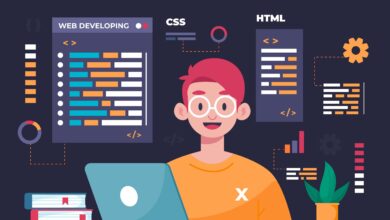
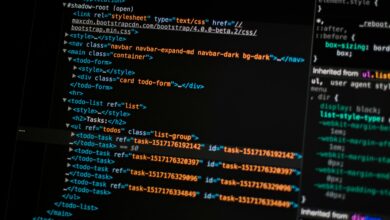
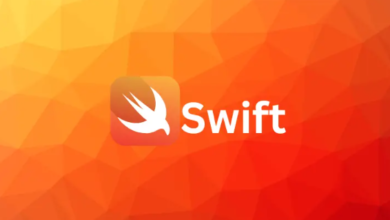
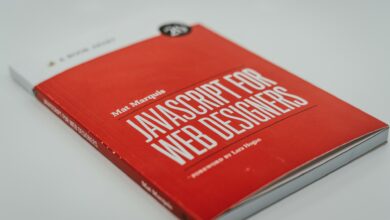
Can you be more specific about the content of your article? After reading it, I still have some doubts. Hope you can help me.